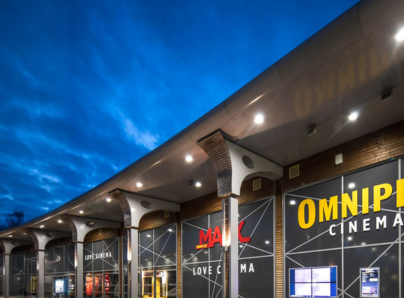
SPARK CEO Dave Pearson reflects on iconic sales promotions that shaped brands, sparked nostalgia, and proved the power of a great giveaway.

As the cost of living crisis continues, how can brands maintain value, support customers, and stay competitive?

Sales promotion, often abbreviated to SP, creates immediate action. It’s about encouraging a customer to try, buy, sign up, or share right now.

When GES wanted to reward their employees, they came to SPARK for a simple, yet effective solution!

Download our white paper, and discover how consumers feel about cinema in 2024, and what they think about brands offering cinema discounts.

SPARK secures the B2B representation contract for Omniplex Cinemas, covering Omniplex locations in Ireland, Northern Ireland, and their newly acquired cinemas in Great Britain.

Are you always on the lookout for impactful ways to motivate and engage customers,? Let’s talk about a secret weapon that never fails to captivate hearts, spark excitement, and drive results: cinema.

What makes a gift meaningful? How do rewards influence our behaviour? Learn how to apply the psychology of gifting to your reward, subscription and loyalty schemes.

Sales promotion experts, SPARK, have joined forces with TMS to bring some festive cheer to UK consumers in the McDonald’s Festive Wins promotion.

Want to find out how to add that SPARK and better connect with your audience?
Say hello, we’d love to hear from you.